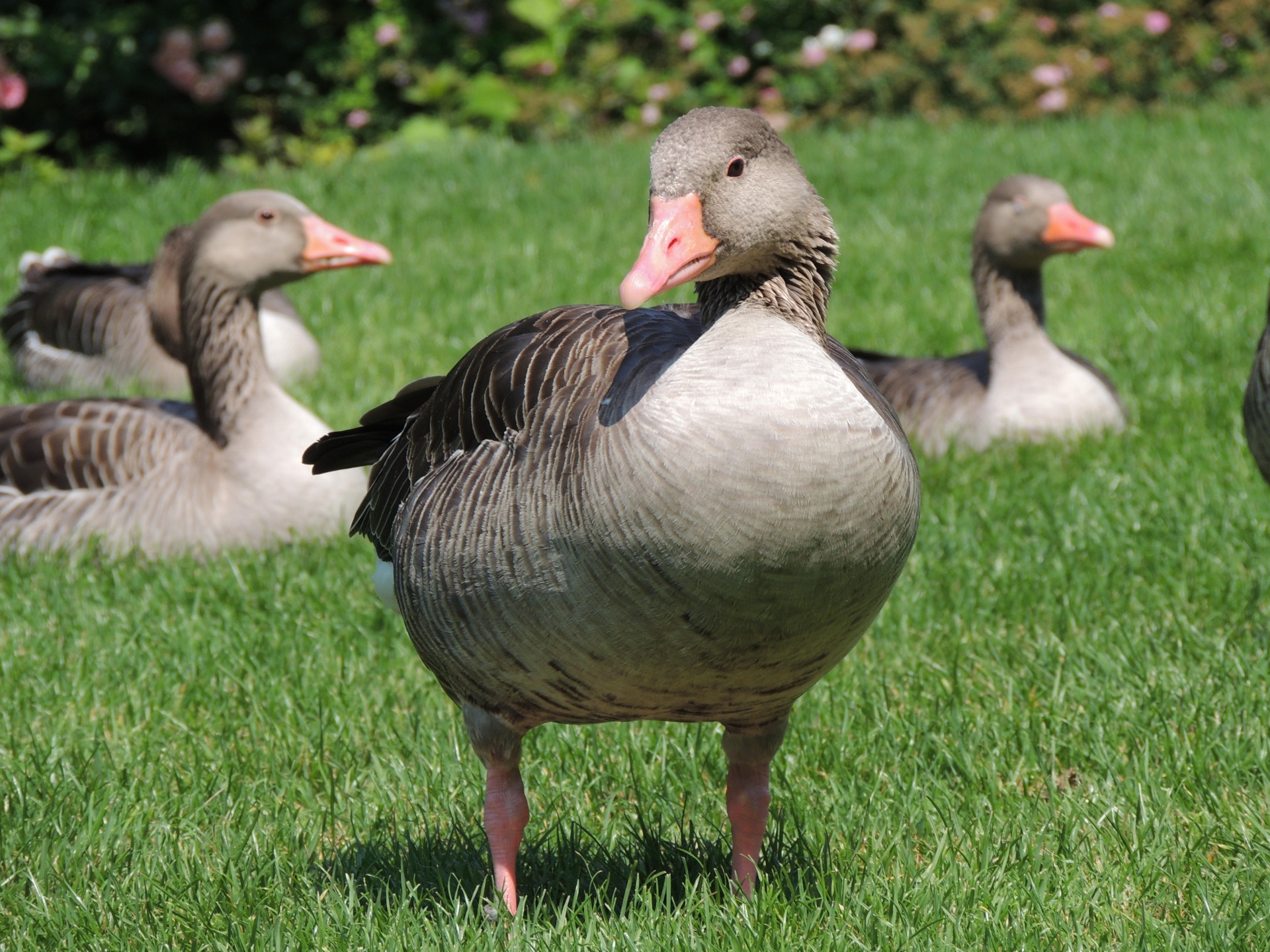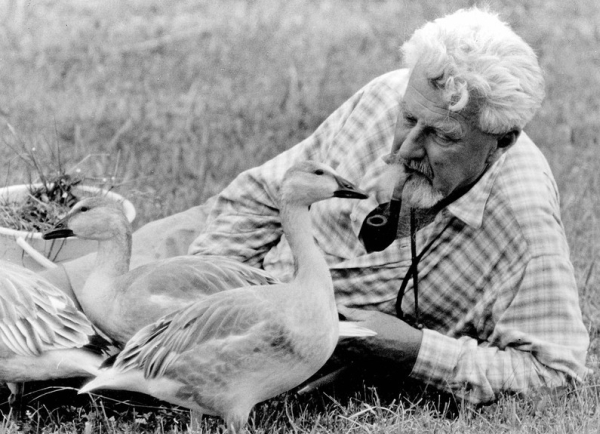
In 1933 he was awarded his second doctorate in Vienna, this time as Dr.

Konrad Lorenz first met the ornithologists Oskar Heinroth and Erwin Stresemann in Berlin in 1931 – a decisive event for his entire subsequent scientific career. However, Hochstetter’s successor then prohibited him from doing ethological research, which is why Lorenz gave up his assistant position and pursued his interests as a private scholar in Altenberg, where he had set up a private zoological research station in 1928 without a salary. Hochstetter made it possible for Lorenz to pursue his ethological research at the same time. In the same year and – after an interruption – from 1931 to 1935, he was employed as an assistant to Ferdinand Hochstetter at the Second Anatomical Institute of the University of Vienna, which was a magnet for German-national and nationalistic students. 1928 followed, also in Vienna, his doctorate in medicine (Dr. However, he returned to Austria in 1923 and continued his medical studies at the University of Vienna until 1928. In 1922 Konrad Lorenz began studying medicine at the Premedical School of Columbia University in New York at his father’s request. He was a childhood friend of Karl Popper. From 1909 he attended elementary school and from 1915 the Schottengymnasium in Vienna, where he graduated with distinction in 1921. Konrad Lorenz grew up in his parents’ villa in Altenberg near Vienna. At the beginning of the 20th century his father was a world-famous physician who practiced not only in Vienna but also regularly in New York for many decades and was received by Theodore Roosevelt in the White House, among other places. Adolf Lorenz was almost fifty when his son was born his mother Emma Maria (née Lecher) was already forty-one. Konrad Lorenz was the second, very late born son of the respected orthopedist Adolf Lorenz.

Konrad Lorenz, Civilized Man’s Eight Deadly Sins (1973) Family Background and Education Under the pressure of this competitive fury we have not only forgotten what is useful to humanity as a whole, but even that which is good and advantageous to the individual….” “The competition between human beings destroys with cold and diabolic brutality…. He himself called this field of research “animal psychology” until 1949. Lorenz is regarded as one of the main representatives of classical comparative behavioural research (ethology). On November 7, 1903, Austrian zoologist, ethologist, and ornithologist Konrad Lorenz was born.


 0 kommentar(er)
0 kommentar(er)
